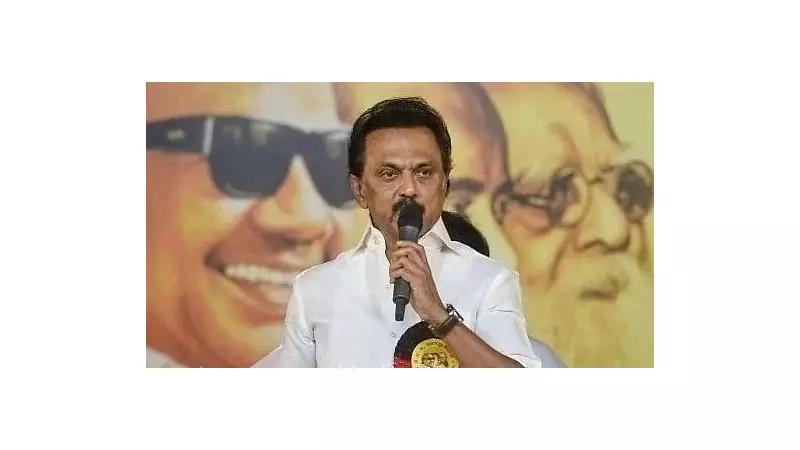
Tamil Nadu Chief Minister M K Stalin has declared that his government will not rest until the Constitution is amended to establish specific timelines for Governors to act on bills passed by state legislatures. This strong statement comes in the wake of the Supreme Court's recent ruling that criticized the Governor's delays in handling crucial legislation.
Supreme Court's Landmark Verdict on Governor's Role
The Supreme Court delivered a significant judgment on November 10, 2023, addressing the prolonged delays by Tamil Nadu Governor R N Ravi in acting upon bills passed by the state assembly. The court explicitly stated that Governors cannot hold bills indefinitely and must exercise their powers under Article 200 of the Constitution within a reasonable timeframe.
During the proceedings, the court revealed that as many as 12 bills had been pending with the Governor's office for extended periods, some for over two years. This delay had created a constitutional impasse and hampered the state government's ability to implement important policies and legislation.
CM Stalin's Determined Response
Chief Minister Stalin, who also serves as the DMK president, welcomed the Supreme Court's verdict but emphasized that it represents only a partial victory. Speaking to reporters at the Chennai airport before departing to Delhi, Stalin expressed his government's determination to pursue broader constitutional reforms.
"We will not rest until the Constitution is amended to fix timelines for Governors to approve bills," Stalin declared. He argued that while the Supreme Court's intervention provides immediate relief, a permanent solution requires structural changes to the constitutional framework itself.
The Chief Minister highlighted that this issue extends beyond Tamil Nadu, affecting multiple states where Governors have used delaying tactics to stall legislation passed by elected governments. "This is a fight for states' rights and the principles of federalism," he asserted.
Broader Implications for Indian Federalism
The Supreme Court's ruling and Stalin's subsequent response have ignited a crucial debate about the balance of power between state governments and the central government's appointed representatives. Legal experts suggest this case could set important precedents for governor-state relations across India.
The court's emphasis on "reasonable timeframes" for gubernatorial action addresses a long-standing concern among several state governments that have faced similar obstacles. The verdict reinforces the constitutional principle that Governors must act as per the advice of the council of ministers rather than creating parallel centers of power.
Stalin's push for constitutional amendment represents a significant step in the ongoing discussion about cooperative federalism in India. The DMK government has positioned itself at the forefront of this movement, advocating for clearer guidelines that would prevent future conflicts between state administrations and Raj Bhavan.
As the political and legal battle continues, all eyes remain on how this constitutional discourse will evolve and whether it will lead to the structural changes that Tamil Nadu's Chief Minister is demanding to ensure smoother governance and uphold democratic principles.






